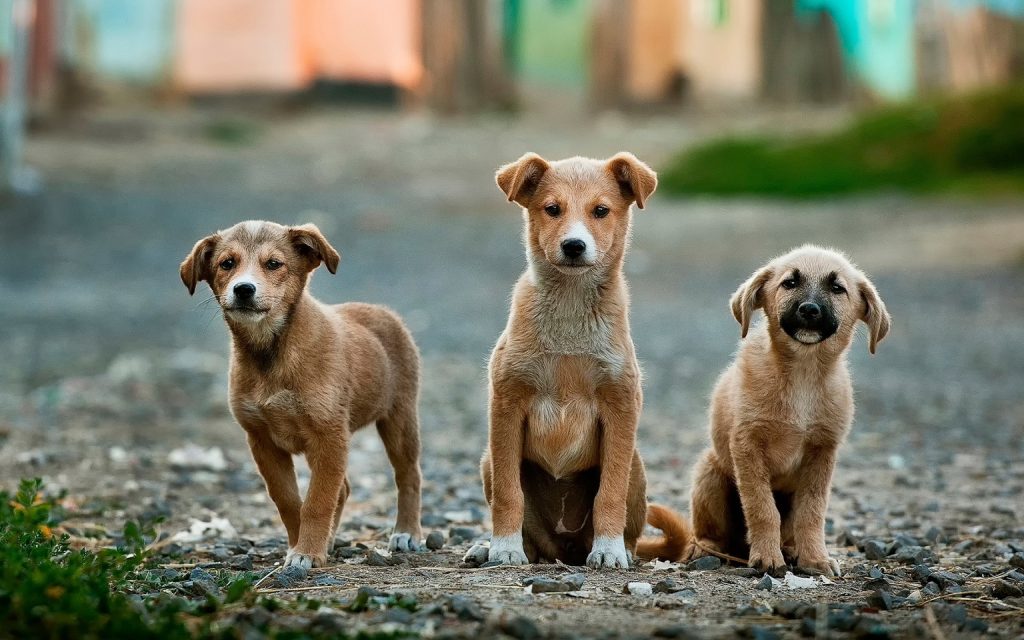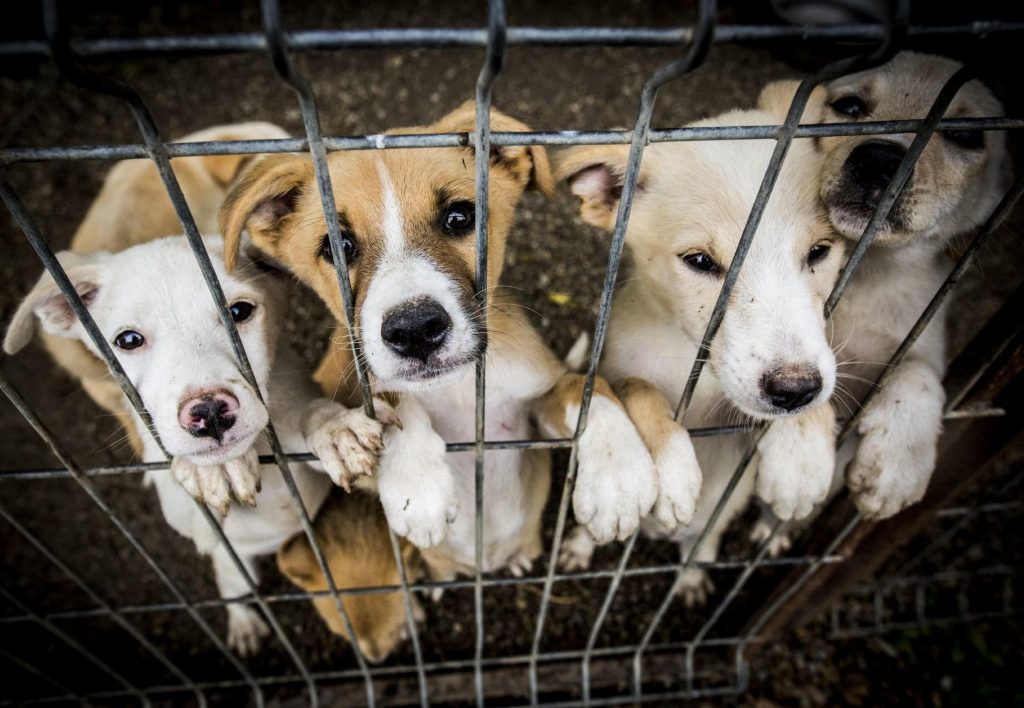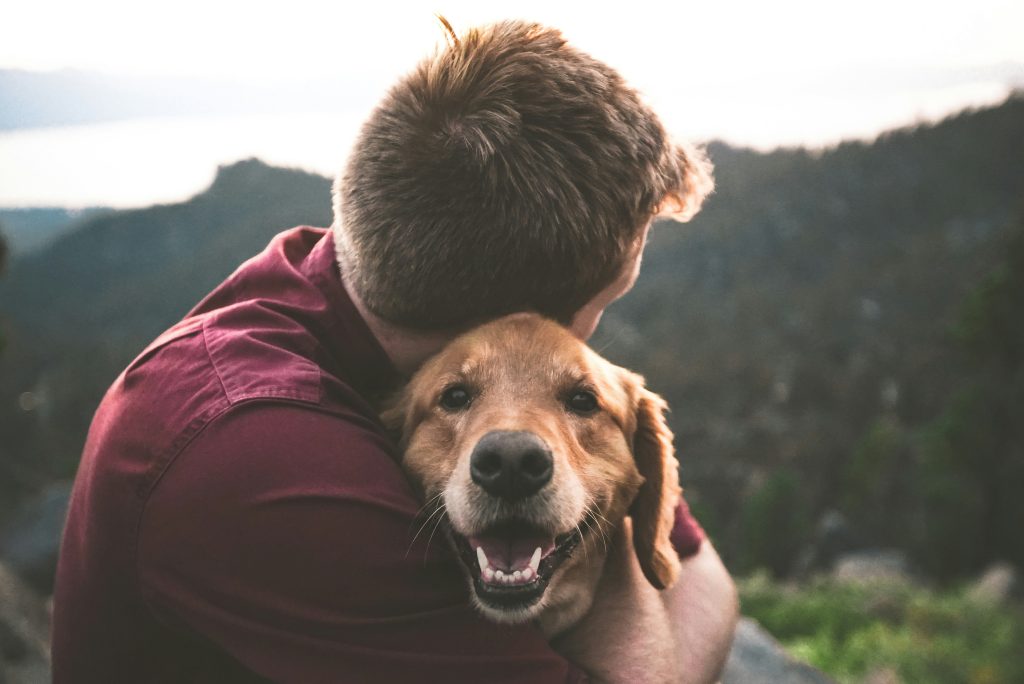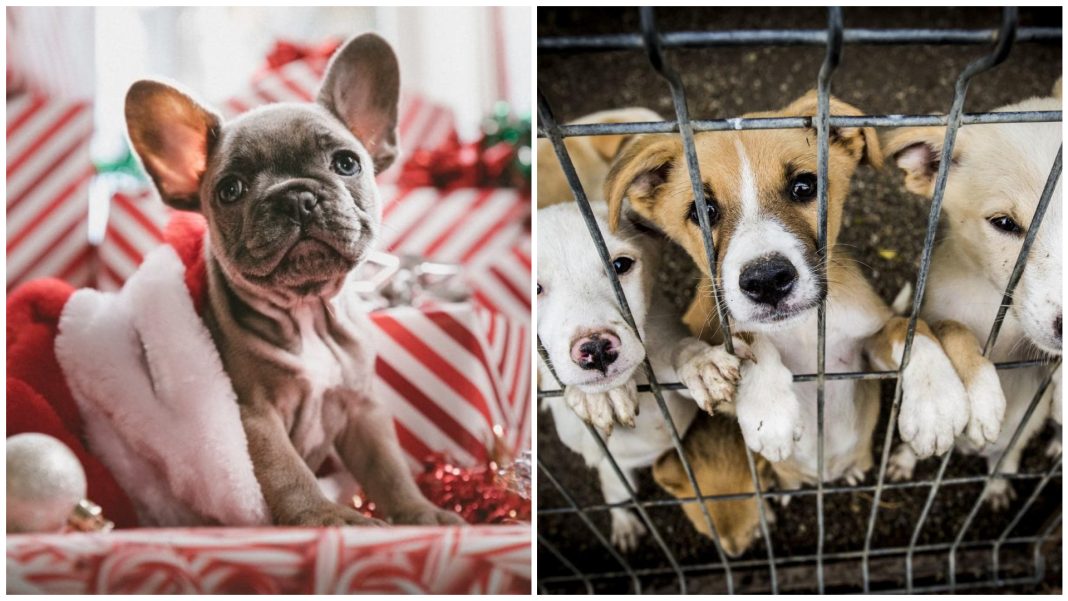This Christmas season, the gift-giving tradition makes the pressure of thinking about what to give loved ones is at an all-time high. While the happiness that comes with unwrapping a gift is something that everyone treasures so much, you, as a giver, also need to assess how ethical the present is. We are of course talking about pets — animals who have lives, needs, and feelings, not things that can be had whenever you want for the aesthetics which you can set aside like other objects.

According to the American Society for the Prevention of Cruelty to Animals (ASPCA), owning a pet is a long-term commitment that can span 10 to 15 years or more. The thing about giving it to someone, say a kid (the demographic is most likely the one who’d ask for this as a gift) is that there is no assurance that these animals will be well-taken care of, one because the owner-to-be is a child, and two because the entire family might not have either the financial or emotional capacity to care for one.

Pets rely on human companions for all of their needs such as food, medical care, and emotional support, which cannot really be given unless the owners are committed. Giving pets should be well-thought out so as not to lead to the neglect of creatures who are at the mercy of our hands.
There have been studies published to showcase the consequences of pet purchases during the holiday season, most of which being impulsive. The novelty of having a pet may lead to some fun, but if people only focus on the fleeting feeling that comes with something new, then it is clear that long-term care is less likely to be in the equation.

According to the UK Parliament, approximately 250,000 animals end up going to rescue shelters annually. This is partly caused by unconsented giving of pets, which is exactly why it is not a good idea to surprise someone with a living being for the holidays, or on any occasion at all.

As we celebrate this season with the people we love, we should also think about the well-being of all the stakeholders in the scenario. Being considerate enough to the receiver by carefully assessing their capacity and priorities is a gift itself, and caring about an animal’s life is guaranteeing that they end up somewhere they are wanted.
Fostering awareness regarding this issue is highly important. We ought to educate potential pet owners to be responsible, and the same principle applies to those who think about making someone into a pet owner. Having a pet is something that shouldn’t be given to you; it should be a lasting and fulfilling experience that someone actively chooses, building a strong interspecies relationship. Remember that pets are not objects, nor something to throw away when the snow melts.


